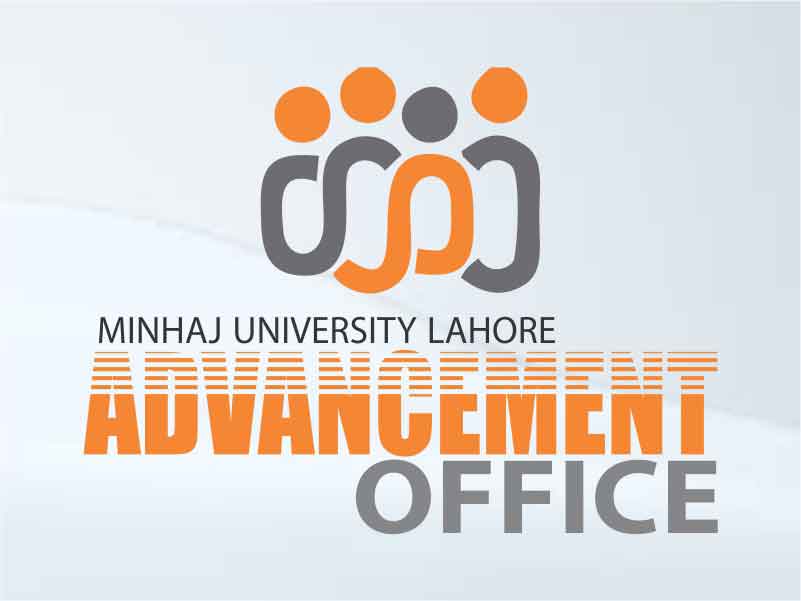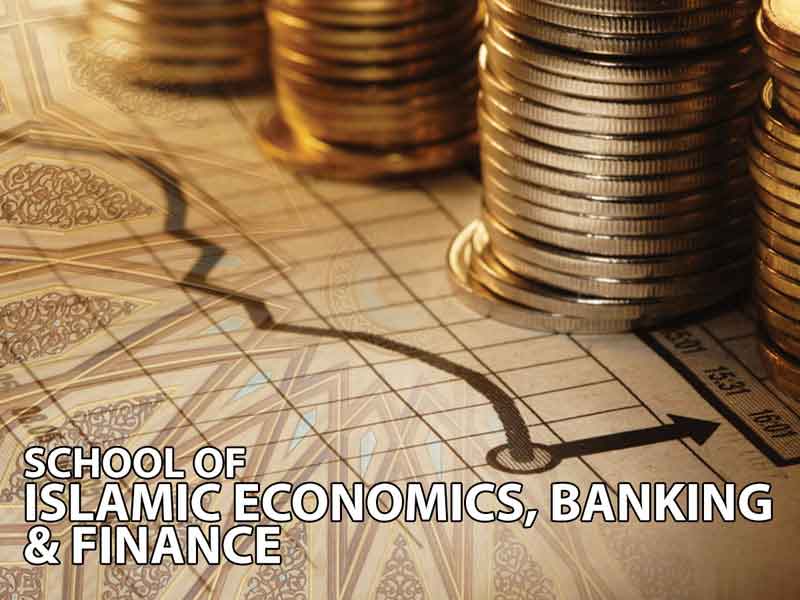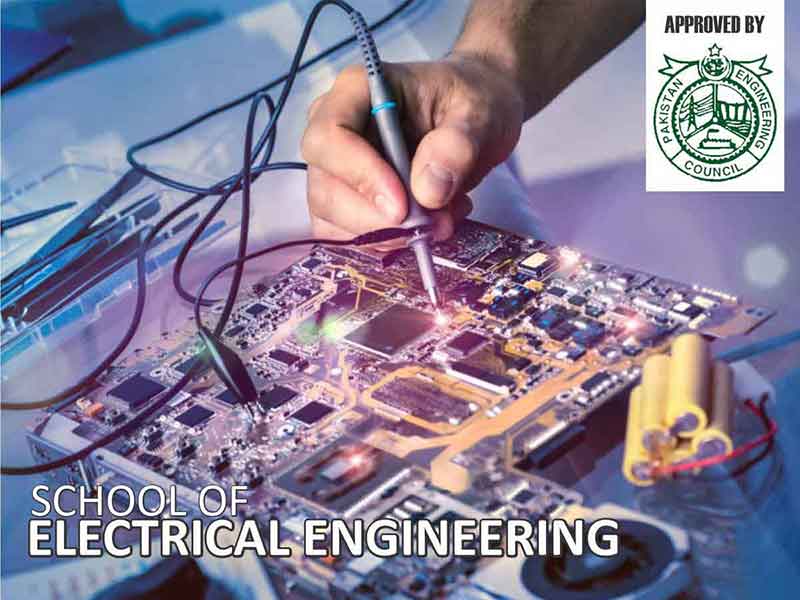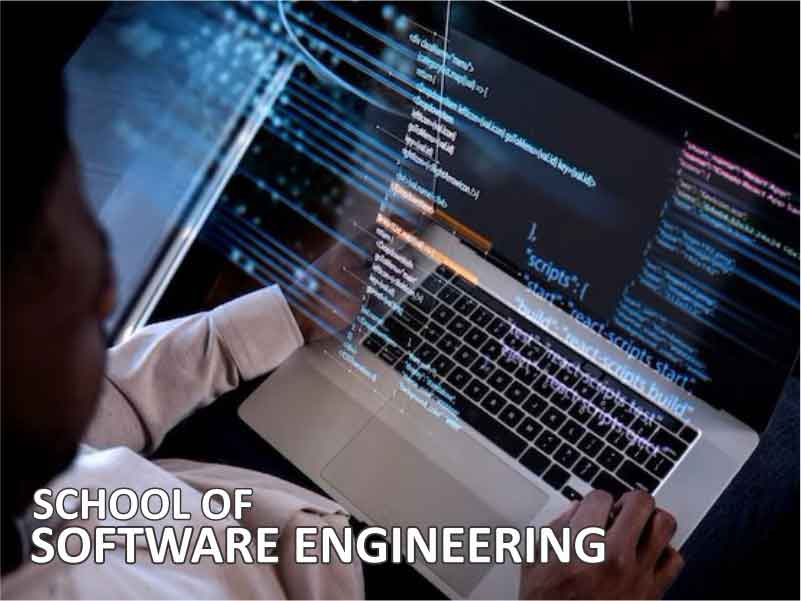
EXISTING SCENARIO
Since 9/11 catastrophic event till date, Pakistan is cuddled with myriad of issues including ever increasing episodes of deteriorated law and order situation, continued investment in defense sector, dwindling economic situation of the country, constant and consistent plight of financial and human capital abroad, low investment from investors and unrelenting depreciation of Pakistani rupee. Subsequently, in such gloomy and ominous scenario, resource allocation to higher education remained far below than desired level of 4% of the GDP. Following formation of Higher Education Commission (HEC) in 2002, the landscape of university education in Pakistan has been significantly transformed. Though substantial initiatives and steps being taken yet higher education sector did not serve as an engine of sociopolitical, economic, health, industrial and technological development of Pakistan to the desired level expected over the last one decade. The underlying causes were lack of national and local “ownership” of higher education, poor university industry interactions, poor university community relationship, lack of capacity for continuous faculty and staff development and low fund generation and user charge recovery by universities.
NEED OF ADVANCEMENT OFFICE
In the context of prevailing socio, political and economic situation of Pakistan, higher education sector will continue to attract low financial resource allocation from the government. In view of inadequate and insufficient grant resources, thinking, crafting and application of out the box ideas are of fundamental importance against traditional practices for the smooth and conflict free running, management and administration of universities. Envisioning, searching and creating novel, diverse, and multiple funding avenues options are inevitable for the long term sustainability, consistent growth and development of universities. In addition to other available options, establishment of Advancement Office is one of the many options that have a leverage to overturn the tendency of educational aid through enhancement of indigenous institutional and human capacity. Being heavily relied solely on domestic funding so far, income generation activities in private sector universities through contract research, commercial ventures, fund-raising events, endowments for scholarships or infrastructure support remained far below the satisfactory level as compared to other private institutions. To acquire leadership positions in the community and the economy, it is imperative for higher education institutions to be fully betrothed with all stakeholders motivating them to invest in various sectors and aspects of their institutions. This broad spectrum of stakeholders including industry, corporations, non-governmental organizations (NGOs), individuals, Businessmen, Philanthropists etc could be attracted, involved and engaged through Advancement Program in diverse means, ways, processes and procedures.
ESTABLISHMENT OF ADVANCEMENT OFFICE
The MUL emerged as an independent private sector university in the higher education landscape of Pakistan in September 1986. It was formally chartered by Punjab Government in 2005. Being a relatively new and emerging university, the MUL will follow a long way to contribute to its vision, mission and achieve strategic objectives. To pursue excellence and advancement in the education, MUL would be needing sustained supply of financial resources that is required for academic, research and administrative affairs.
The MUL is eager to claim its place as a contender in the national arena of higher education. This will require at the very least maintaining, or even enlarging, the current level of available financial resources. Major portion of the current financial resources are from tuition fee. Government funding does not exist hence alternative funding avenues such as from industrial linkages, corporate sector, non-governmental organizations, fund raising events, businessmen, philanthropists and alumni association etc needs to explored and approached for MUL uplift. This will result in more diverse income flows in future, as well as a more direct link between income and performance. Increased versatility and competitive power will be vital to meeting this challenge.
To project MUL as world class center of learning, cultivate lifelong relationships with key stakeholders, ensure financial sustainability, secure social sustainability and contribute significantly to community at large. Advancement Office in MUL needs to be established with clear vision, defined objectives, tangible outputs and achievable operational plans. MUL-Advancement Office will build a compelling case for choice and support among all its constituents by communicating and advocating for the MUL distinctive regional position, role, and contributions, thus forging relationships and securing commitments required to advance the institution’s mission and priorities.






Comments